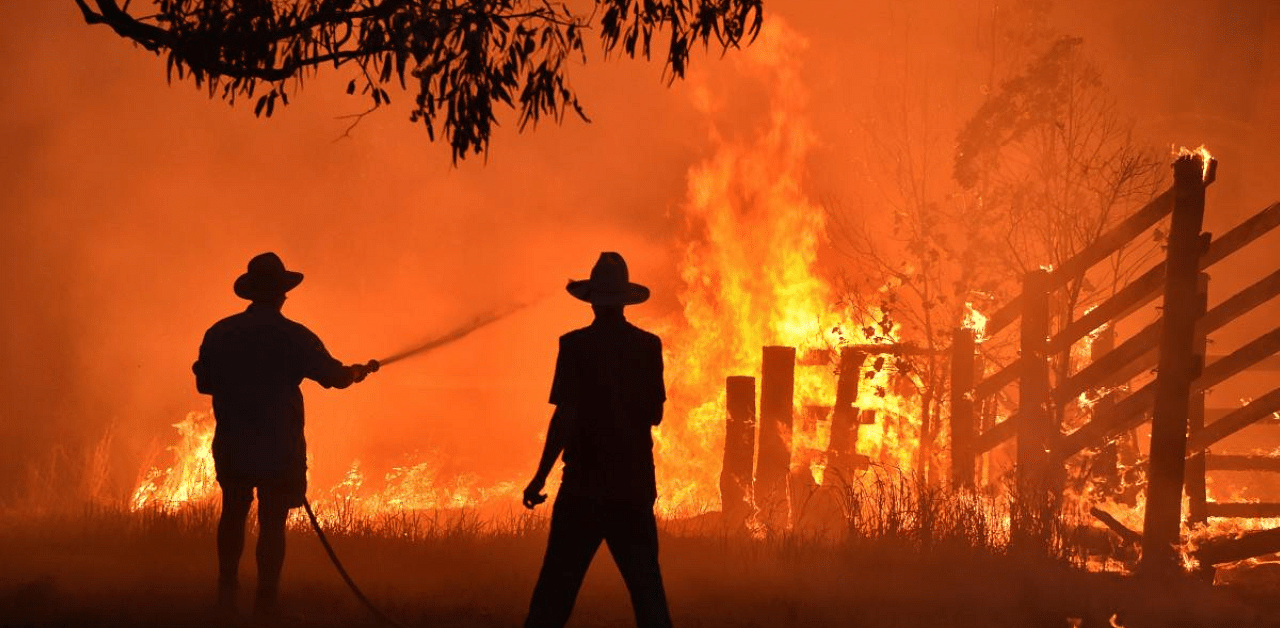
Australia needs national coordination of disaster responses, a change to laws to allow country-wide state of emergencies and simplified climate-change projections, an enquiry into its worst bushfire season in a generation found on Friday.
Inevitable climate change meant more frequent disasters and higher costs and more impact on hundreds of thousands of homes, a royal commission of enquiry concluded in its final report, calling the outlook "alarming".
The commission, in its 1,000-page report, offered wide-ranging lessons from what the prime minister called a "black summer" when wildfires destroyed more than 24 million hectares (59 million acres), killed 33 people and billions of animals, and destroyed nearly 3,000 homes from September 2019 to March.
"What was unprecedented is now our future," Mark Binskin, a former air force chief who chaired the enquiry, wrote in the report, which called for changes to climate modelling and a role for the military in disasters, among other things.
"Australia's alarming disaster outlook requires these improvements. This opportunity should not be lost."
Federal emergency minister David Littleproud said the government would "carefully and methodically" consider the report and was "committed to responding to and actioning many of the recommendations as soon as possible".
Many of the recommendations involved improving co-ordination between state and federal authorities after criticism of confusion between organisations responding to blazes that often flare across state lines.
Australia should legislate to allow for a national state of emergency to communicate the seriousness of a disaster and enable action without a state or territory request for assistance, the commission said.
A national body was needed to consolidate advice about disasters, while consistent terminology about threats, evacuations and sheltering orders was also needed.
The commission also called for harmonised data platforms to better share information about risks, adding that governments should simplify climate projections to enable decisions based on an agreed common set of climate trajectories and timelines.
The fire season now arrived three months earlier than it did in the middle of the last century and further warming was inevitable, it said.